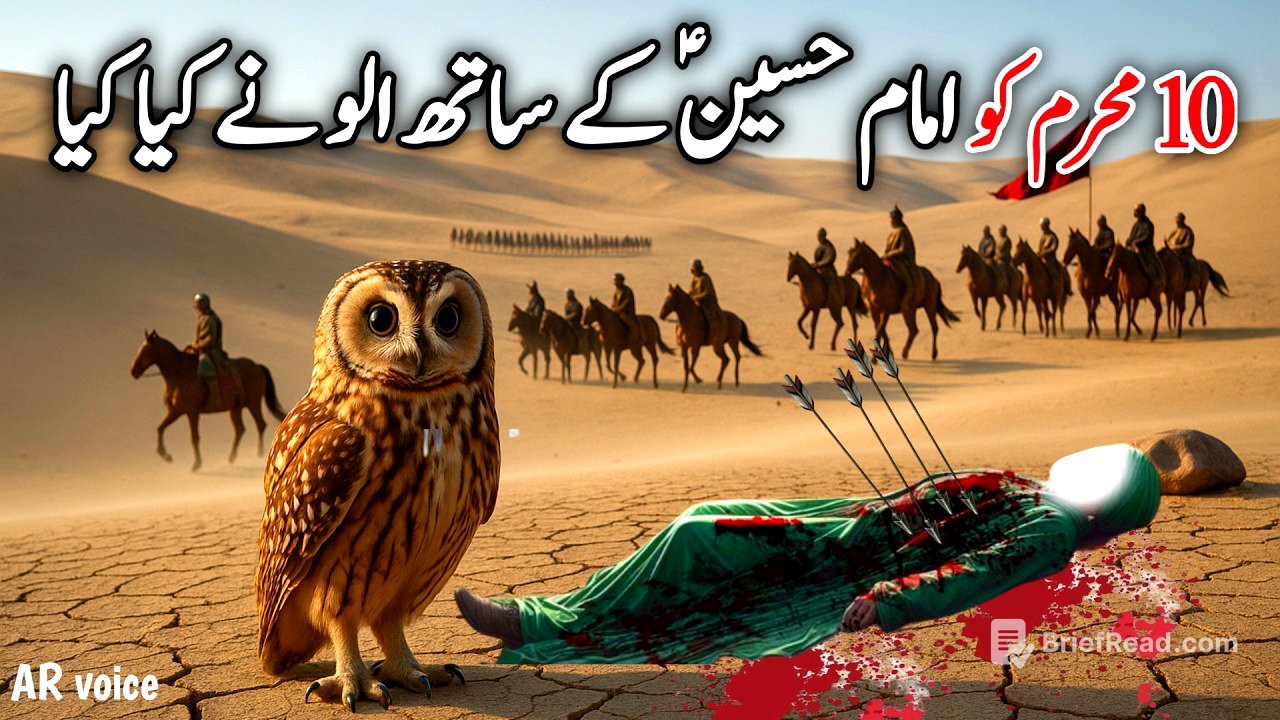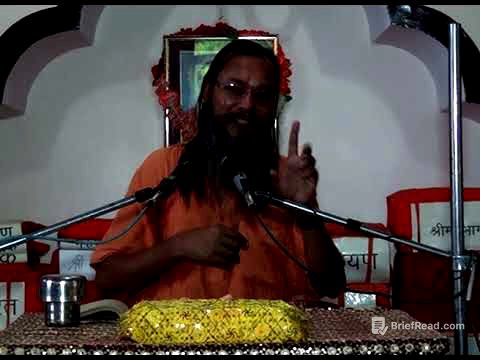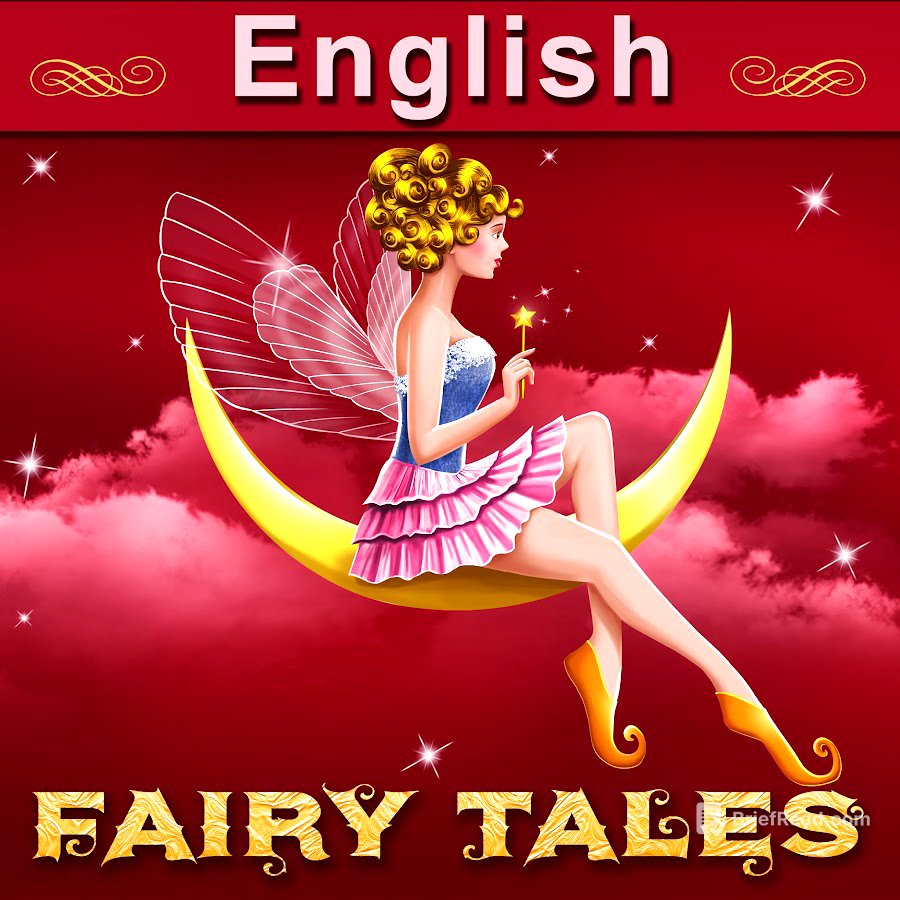TLDR;
This video addresses common misconceptions about owls, particularly the belief that they are unlucky omens. It shares a story from Imam Jafar Sadiq (A.S.) about why owls live in deserted places and appear sad, linking it to the tragedy of Karbala. The video also presents interesting facts about owls, aiming to dispel superstitions and encourage respect for these birds.
- Dispels the myth of owls being unlucky.
- Shares the story of the owl's connection to Imam Hussain (A.S.) and the events of Karbala.
- Provides interesting facts about owls, highlighting their role in the ecosystem and unique characteristics.
Introduction: The Misunderstood Owl [0:00]
The video begins by questioning the common perception of owls as unlucky birds and omens of bad news. It sets out to explore the truth behind these beliefs, particularly focusing on the story of why the owl came to Imam Hussain (A.S.) in Karbala and how that event changed the owl forever. The introduction encourages viewers to reconsider their views on owls and understand the real reasons behind the superstitions.
The Owl's Sadness and Solitude: A Story from Imam Jafar Sadiq (A.S.) [1:52]
The video presents a story narrated by Imam Jafar Sadiq (A.S.) to explain the owl's current state of sadness and preference for deserted places. According to the story, the owl was once a bird that loved the family of Prophet Muhammad (PBUH). After witnessing the tragic events of Karbala, where Imam Hussain (A.S.) was brutally martyred, the owl became deeply saddened and lost trust in humanity. It vowed to live only in deserted places, mourning the atrocities it had witnessed.
Dispelling Superstitions: The Owl's True Nature [4:55]
The video emphasizes that considering owls unlucky is a result of ignorant thinking. It clarifies that owls are innocent creatures and their occasional calls should not be interpreted as omens of trouble or death. The video urges viewers to abandon these baseless superstitions and instead appreciate owls as part of the natural world.
Interesting Facts About Owls: Beyond the Myths [6:02]
The video shares several interesting facts about owls to provide a more informed perspective. There are approximately 205 types of owls worldwide, divided into tribes like brand owls and common owls. Owls are beneficial to farmers as they prey on pests like rabbits, birds, and insects, protecting valuable crops. The average lifespan of an owl is about 12 years, and they typically build nests in trees at a height of about 20 meters or in deserted buildings. Owls can rotate their necks up to 270 degrees, allowing them to see all around without moving their bodies. Their feathers are light and soft, enabling silent flight for hunting.
Global Beliefs About Owls: A Mix of Superstition and Respect [7:44]
The video explores various cultural beliefs about owls around the world. In Britain, an owl's hoot is considered unlucky, while in South Africa, it is seen as a sign of death. In Canada, three consecutive nights of owl hoots are believed to foretell news of someone's death. Similar superstitions exist in parts of America and Türkiye, although white owls are considered auspicious in the latter. In India, while owl hoots are generally seen as bad omens, some people unfortunately sacrifice owls during Diwali in misguided attempts to bring prosperity.
Conclusion: Promoting Understanding and Respect [8:49]
The video concludes by encouraging viewers to share the information and change people's perceptions of owls, moving away from the incorrect belief that they are unlucky. It clarifies that the story of the owl's connection to Imam Hussain (A.S.) is a popular tradition expressing love and devotion, not a historical fact recorded in the Quran or Hadith. The video's aim is to promote love for Hussain and to foster respect for animals, dispelling harmful superstitions.









